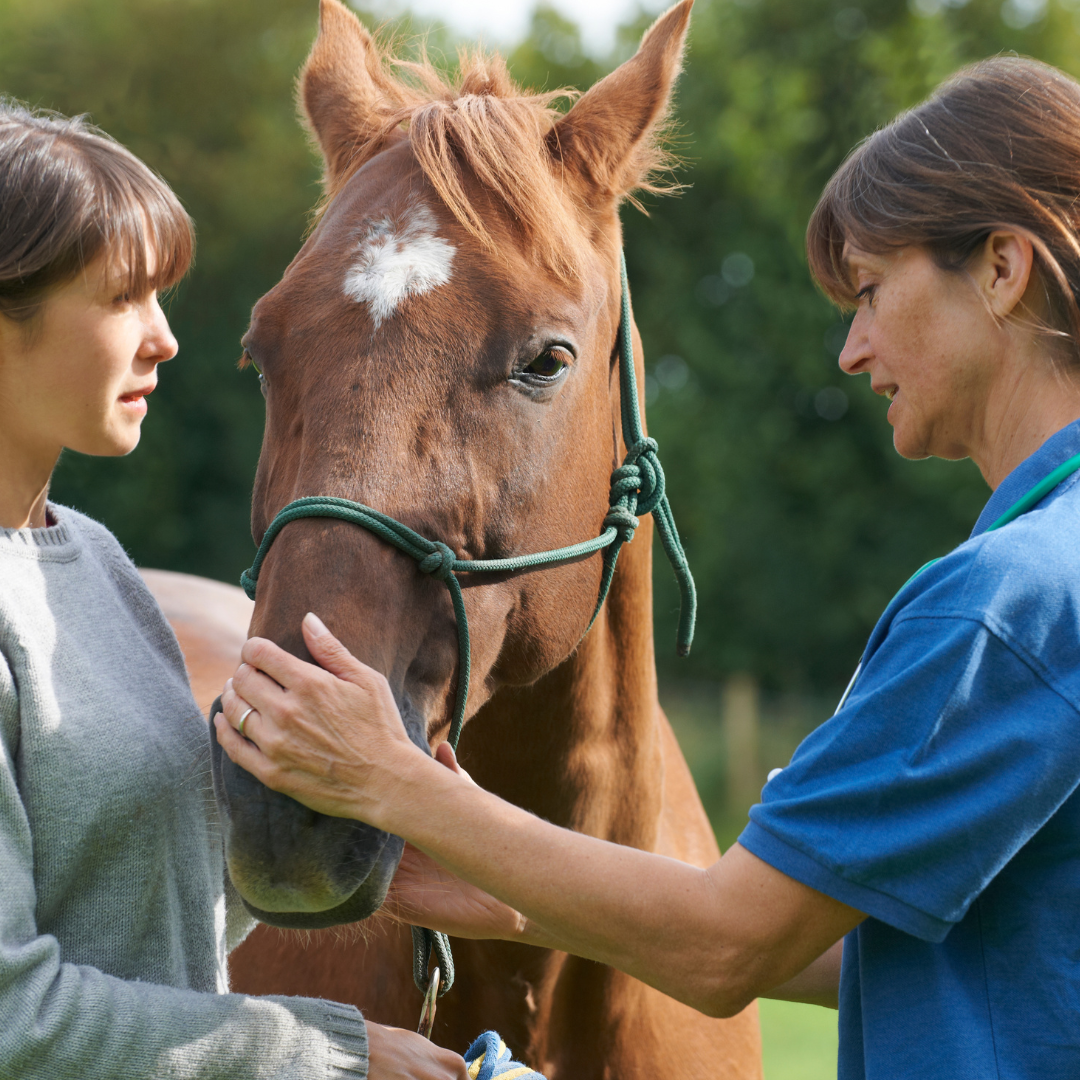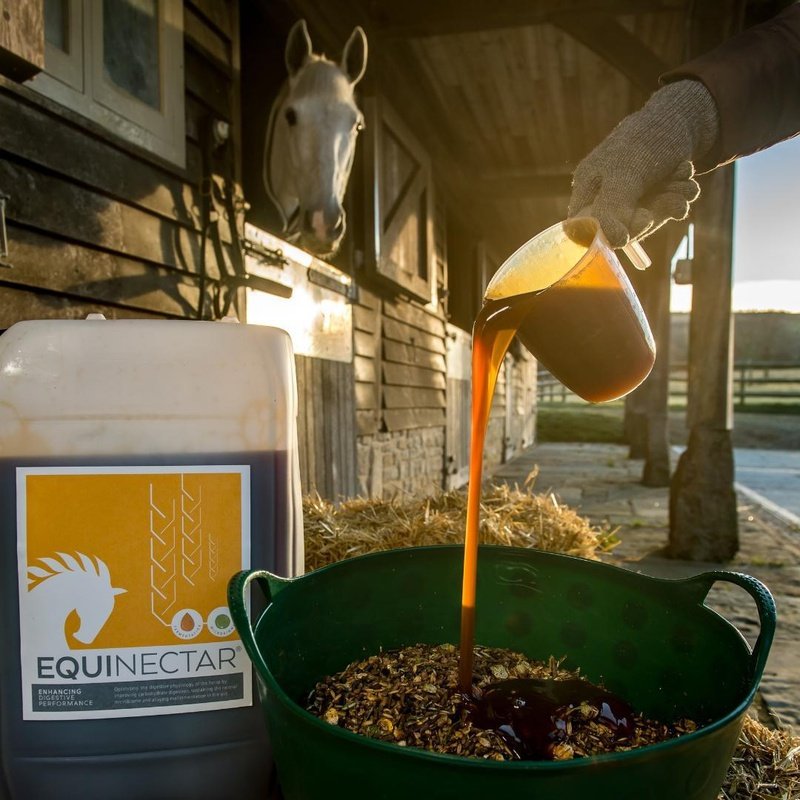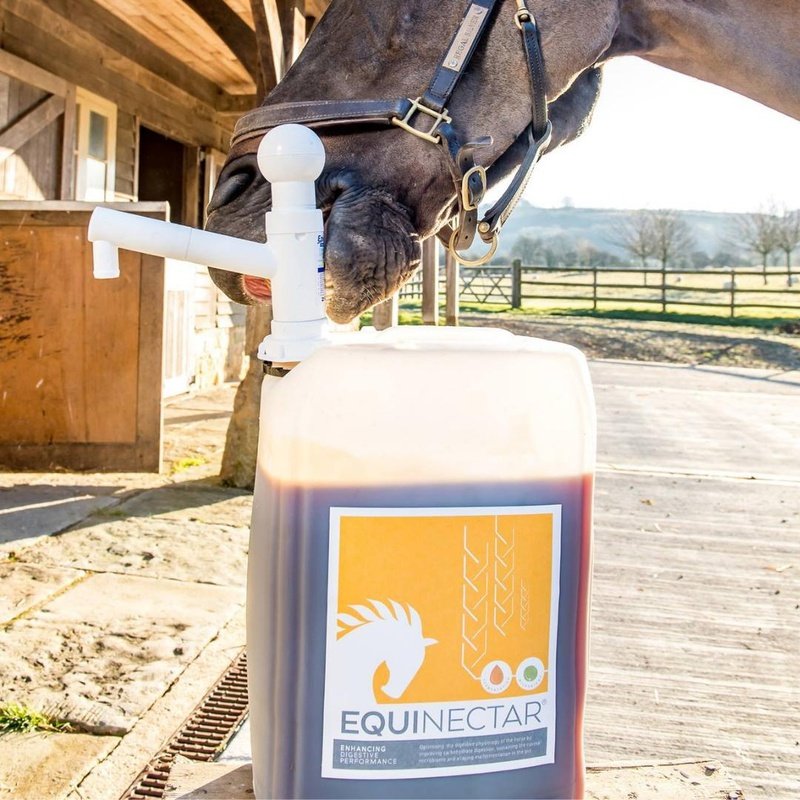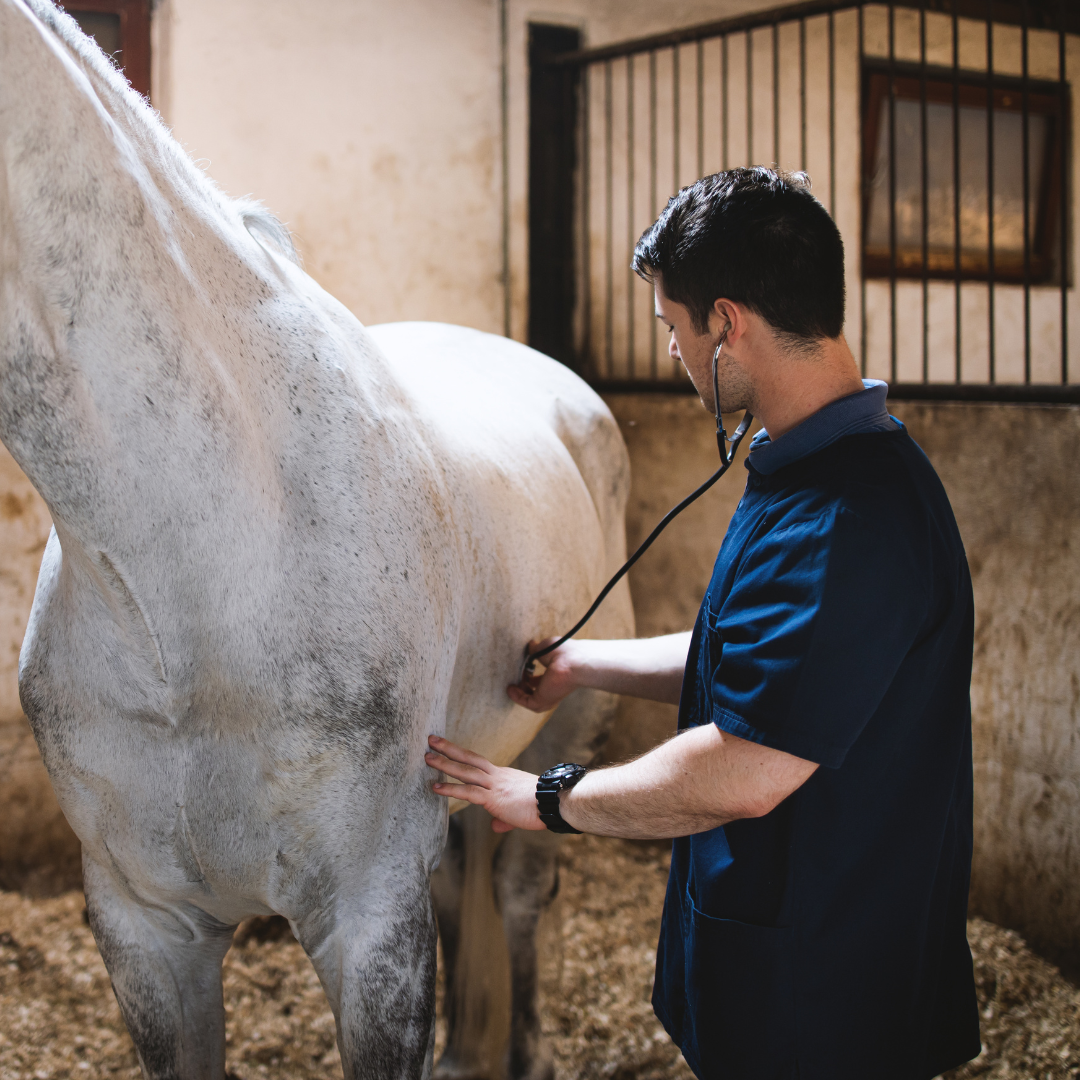Introduction
We frequently get questions from prospective customers asking something along these lines: "After my horse completed a course of antibiotics, they developed loose stools and appear bloated. Could these symptoms be related to the medication?"
To address this concern, I've reviewed scientific literature examining the relationship between antibiotic treatment and its effects on the horse's microbiome.
What the Research Reveals
Studies show that in humans, antibiotics significantly impact the microbiome by reducing beneficial bacteria alongside harmful pathogens (Maier et al 2021). This disruption affects the balance of gut bacteria and decreases the production of important short-chain fatty acids - specifically acetate, propionate, and butyrate - which researchers consider key indicators of digestive health (Tierney et al 2023). Extended antibiotic use increases vulnerability to digestive issues like diarrhea and constipation (dysbiosis) (Martel et al 2022; Nel Van Zyl et al 2022) and may lead to long-term conditions such as irritable bowel syndrome (IBS) (Mamieva et al 2022). The microbiome changes include reduced bacterial diversity and altered bacterial populations - for example, beta-lactam, glycopeptide, and macrolide antibiotics decrease beneficial Bifidobacterium and Lactobacillus bacteria (Duan et al 2022). Recovery of the original gut flora can take anywhere from a few weeks to several months, and in some cases, permanent changes may occur (Huang et al 2022).
Research indicates horses experience similar effects. While antibiotics are essential for treating numerous equine conditions and play a vital role in fighting bacterial infections and preventing post-surgical and secondary infections (Khusro et al 2021), they come with potential side effects. Medications including sulfonamides, trimethoprim/sulfonamide combinations, penicillins (such as Penicillin G and Ampicillin), ceftiofur, and enrofloxacin have been linked to digestive issues in horses, with treated animals experiencing diarrhea, colic, or colitis. Various medications in the 'mycin' family and tetracyclines show comparable effects (Khusro et al 2021). These broad-spectrum antibiotics, which target multiple types of infections, see widespread use. Such medications affecting gut function also alter the microbiome. This disruption often coincides with increased intestinal wall permeability - for instance, trimethoprim sulfadiazine treatment raises blood levels of lipopolysaccharide (LPS), a marker for increased gut permeability (Collinet et al 2022). Similarly, the anti-inflammatory medication phenylbutazone can increase gut permeability and change the microbiome, particularly reducing bacteria from the Lachnospiraceae family (Whitfield-Cargile et al 2021). As with humans, these changes can persist long-term.
These discoveries have sparked development of treatments to restore healthy gut bacteria. Researchers have proposed various approaches including pre/probiotics, phage therapy, and antimicrobial peptide polymers (Gibson and Owen 2023). They've also explored fecal microbiota transplantation (FMT). However, FMT protocols for horses aren't yet reliable enough for therapeutic use, remaining theoretical at this stage (Di Pietro et al 2023; Kinoshita et al 2022). Supplements that support microbiome balance could help restore normal function and address antibiotic-induced dysbiosis in horses. Supporting this theory, formulations of ERME (Equinectar®) showed promise in initial small-scale testing, though additional research is needed to fully understand effective treatment approaches.
References
- Collinet A et al. J Animal Sci 100(10), 2022 Oct 01
- Di Pietro R et al. Can J Vet Res 87(2): 85-96 2023 Apr
- Duan H et al. Crit Rev Food Sci Nutr 62(6): 1427-1452 2022
- Gibson GA and Owen EJ. Surgical Infections 24(3):284-291 2023 Apr
- Huang C et al. Microbiology Spectrum 10(2): e0190421 2022 04 27
- Khusro A et al. J Equ Vet Sci 97 (2021): 103339
- Kinoshita Y et al. J Equ Vet Sci 114:104004 2022 07
- Maier L et al. Nature 599(7883): 120-124 2021 11
- Mamieva Z et al. World J Gastroenterol 28(12):1204-19 2022 Mar 28
- Martel J et al. Trends Endocrinol Metab 33(4): 247-265 2022 04
- Nel Van Zyl K et al. Int J Antimicrob Agents 59(2): 106502 2022 Feb
- Tierney BT et al. App Env Microbiol 89(3): e0188022 2023 03 29
- Whitfield-Cargile CM et al. J Vet Int Med 35(2): 1121-1130 2021 Mar










Share: